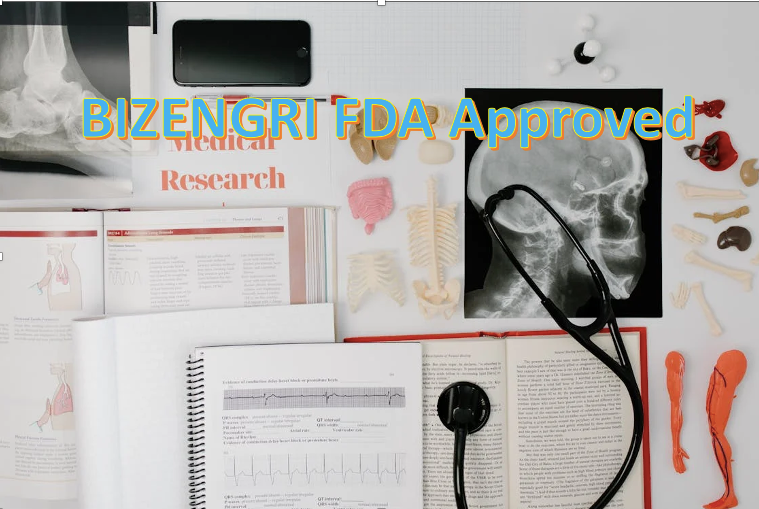Zinc acetate prevents the body from absorbing copper from food. Following chelation therapy, it is utilised as a maintenance treatment for Wilson disease.
Zinc chloride is used to cover zinc deficiency.
Zinc acetate dose in Adults
Zinc acetate dose in the treatment of Wilson disease:
Note: Doses are represented in mg elemental zinc:
-
Typical dosage:
- Three times a day by mouth, 50 mg.
- If the patient adheres to the recommended course of treatment, doses of 25 mg may be given three times daily.
- If the response with low doses is inadequate, the dose may be raised to 50 mg 3 times daily.
-
Pregnant females:
- The dose may be increased to 50 mg thrice daily if the response is inadequate with a lower dose.
- 25 mg orally thrice daily.
Zinc acetate dose in Children
Zinc acetate dose in the treatment of Wilson disease:
Note: Dose represented in mg of elemental zinc:
-
Children over 5 years to less than 10 years:
- 25 mg orally 3 times daily.
-
Children over 10 years and Adolescents:
- 25 - 50 mg orally 3 times daily.
Pregnancy Risk Factor A
- Although there have been no studies on pregnant women, it is not known if adverse effects could occur.
Use during breastfeeding:
- It is excreted from breast milk.
- The manufacturer doesn't recommend zinc acetate being used during breastfeeding.
Zinc acetate dose in Renal Disease:
The manufacturer has not provided any dose adjustment in patients with renal disease.
Zinc acetate dose in Liver Disease:
The manufacturer has not provided any dose adjustment in patients with liver disease.
Side effects of Zinc acetate:
-
Central nervous system:
- Neurological deterioration
-
Hepatic:
- Increased serum alkaline phosphatase
-
Gastrointestinal:
- Gastric irritation
- Increased serum amylase
- Increased serum lipase
Contraindication to Zinc acetate Include:
- Allergies to any ingredient in the mix, including zinc acetate
Warnings and precautions
- Central nervous system
- The mobilization of copper stores may cause neurological symptoms to worsen.
- The neurological effects of chelation therapy are more common than those of chelation therapy.
- GI effects
- Gastric irritation can occur in patients who have taken the dose before breakfast.
Zinc acetate: Drug Interaction
| Dolutegravir |
|
|
|
Bisphosphonate Derivatives |
Products with polyvalent cations may reduce the serum concentration of derivatives of bisphosphonates. The following oral medications shouldn't be used at the specified times: Before or after oral ibandronate by two hours, alendronate by thirty minutes, or clodronate by two hours. Exceptions: Pamidronate with zoledronic Acid | |
| Bictegravir |
|
|
|
Ceftibuten |
Ceftibuten's serum levels may drop if you take zinc salts. Treatment: Consider administering zinc salts orally at least 3hrs after consuming ceftibuten. | |
|
Deferiprone |
Products containing polyvalent cations may lower the level of deferiprone in the serum. Treatment: Give deferiprone at least four hours apart from oral drugs or dietary supplements containing polyvalent cations. | |
| Cephalexin |
|
|
|
PenicillAMINE |
Products containing polyvalent cations may lower the level of penicillAMINE in the serum. Treatment: Give oral medications containing polyvalent cations and penicillamine at least an hour apart. |
|
| Eltrombopag | Eltrombopag's serum levels may be decreased by by-products containing polyvalent cations. Eltrombopag should be administered at least two hours prior to or four hours following the administration of any oral drug containing polyvalent cations. | |
|
Quinolones |
Quinolones' serum concentration may be lowered by zinc salts. Treatment: Oral quinolones should be administered at least a few hours before or after oral zinc salts (8hrs for moxi-, 3hrs for gemi-, 6hrs for cipro/dela- 2hrs for levo-, 4hrs for lome, nor-, or peor ofloxacin or nalidixic acid). Exclusions: LevoFLOXacin (Oral Inhalation). | |
|
Tetracyclines |
Tetracyclines may be less readily absorbed if you take zinc salts. Only a problem if both medications are taken orally. Management: Take doxycycline into account as a tetracycline derivative that does not interact. To reduce interaction, administer oral zinc salts and tetracycline derivatives at least two hours apart. Doxycycline and eravacycline are exceptions. | |
| Raltegravir |
|
|
|
Trientine |
Products containing polyvalent cations may lower the level of trientine in the serum. Management: Steer clear of combining the use of oral medications containing polyvalent cations with trientine. If you need to take oral iron supplements, space out the administration by two hours. Separate administration of other oral polyvalent cations by one hour if necessary. |
|
|
Baloxavir Marboxil |
Products containing polyvalent cations may lower the level of baloxavir marboxil in the serum. |
|
Monitor:
- Serum non-ceruloplasmin bound-copper
- 24-hour urinary copper excretion
- neurologic evaluation including speech.
- 24-hour urinary zinc level
- LFTs
How to take Zinc acetate?
- It needs to be taken by mouth on an empty stomach at least one hour before or two to three hours after meals, and at least one hour apart from beverages other than water.
- The morning dose frequently causes stomach irritability.
- If gastrointestinal discomfort occurs, the morning dose may be given between breakfast and lunch.
- The pill needs to be inhaled whole. You shouldn't open it or chew it.
Mechanism of action of Zinc acetate:
- Enterocytes produce more metallothionein, a copper-binding protein when zinc is present.
- The resorption of copper from saliva, gastric acid, and bile as well as impairment of copper absorption in the intestine can all be caused by copper binding to protein in enterocytes.
- The bonded copper in enterocytes is eliminated from the faeces after desquamation.
Absorption: It is absorbed by the small intestine. Food and drinks other than water can cause impairment in absorption
Distribution: most of which is kept in skeletal muscle and bone.
Protein binding: Primarily to albumin.
Excretion: Feces and urine.
International Brands of Zinc acetate:
- Corznc
- Galzin
- Nobelzin
- Wilzin
- Zevac
- Zinca
Zinc acetate Brands in Pakistan:
Zinc Chloride is not available in Pakistan.

 Injection for familial chylomicronemia syndrome.jpeg)


